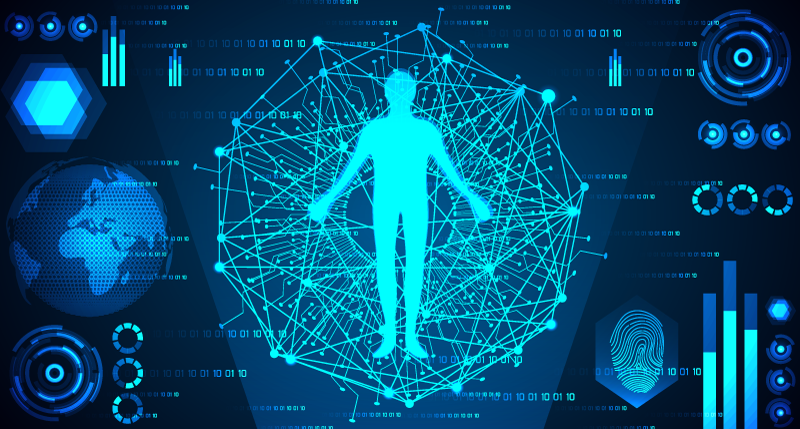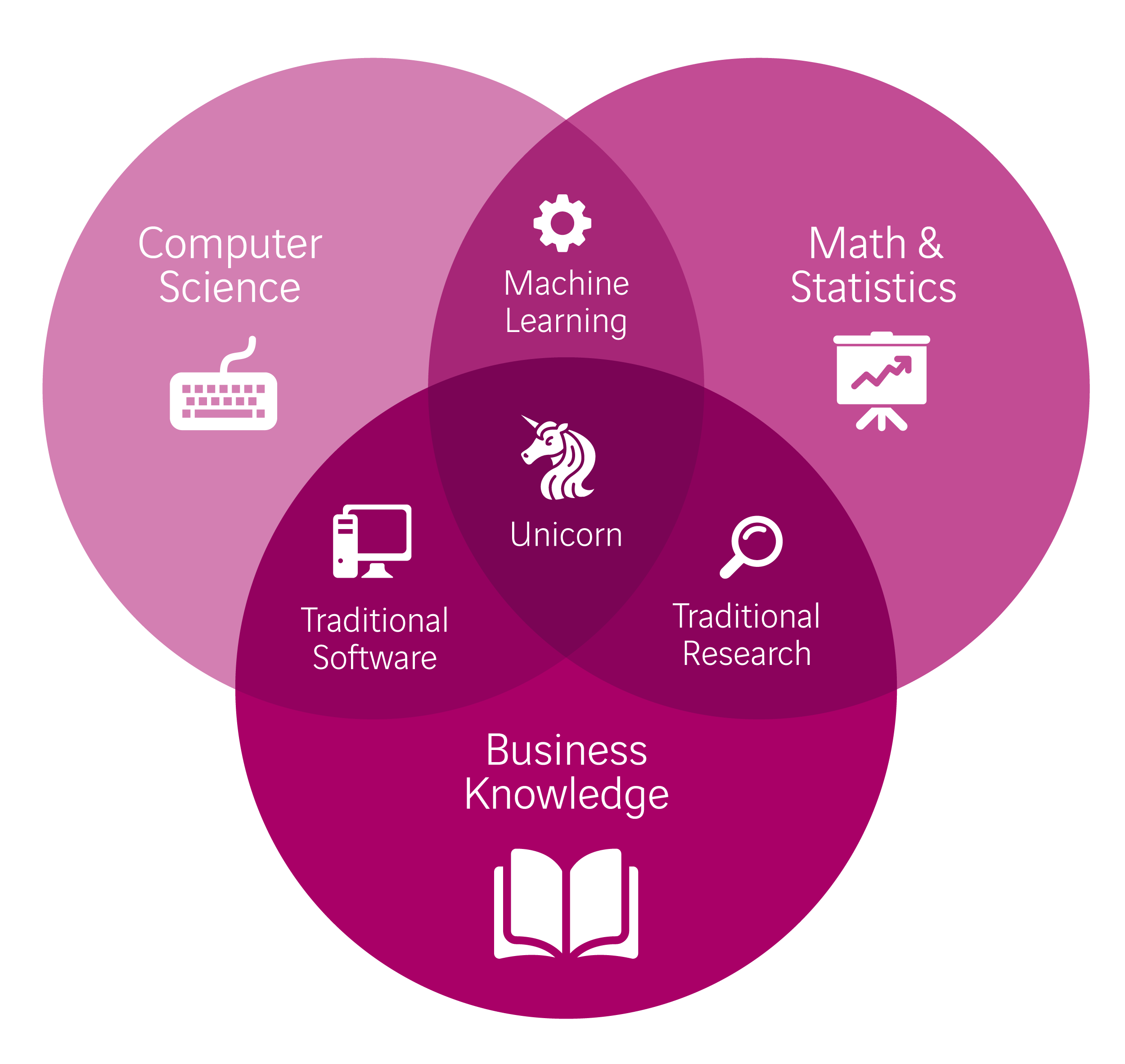Teaching Philosophy

Data science is a multi-disciplinary field that uses scientific methods and algorithms to extract knowledge and insights from structured and unstructured data.
Recent advances in technology allow for the collection of enormous amounts of health-related data. Consequently, skills pertaining to handling and manipulating these data and extracting relevant information have become crucial to perform high-quality research.
Unfortunately, many researchers without a technical background frequently experience troubles obtaining or developing these skills. This is where I come in.
Practical Application
I believe in teaching concepts through real-world applications, particularly in healthcare and biomedical research where data science can have immediate impact.
Accessibility
Complex machine learning concepts should be accessible to researchers from all backgrounds, not just computer scientists.
Hands-on Learning
Students learn best by doing. My courses emphasize practical exercises and real datasets from biomedical research.
Critical Thinking
Beyond technical skills, I teach students to critically evaluate methods and results, essential for good scientific practice.


